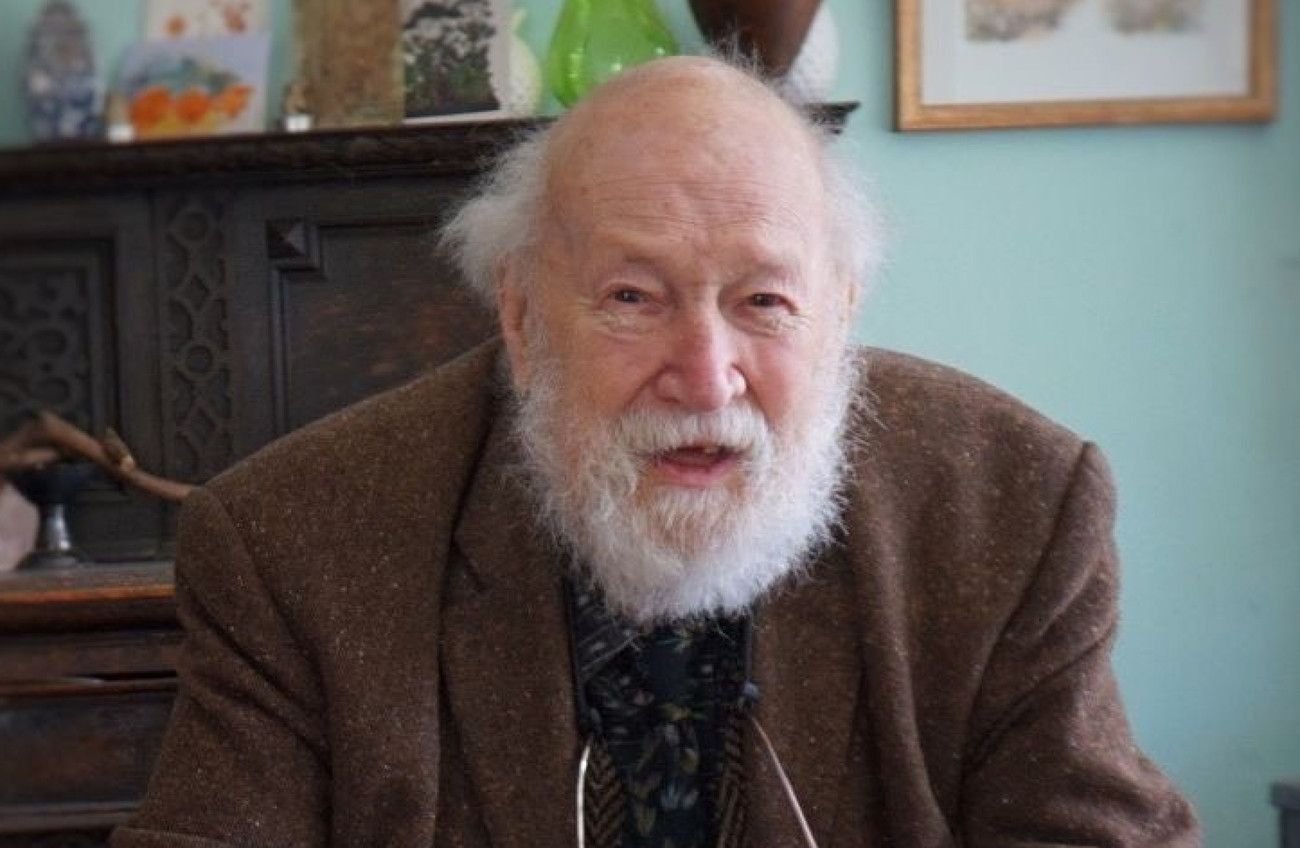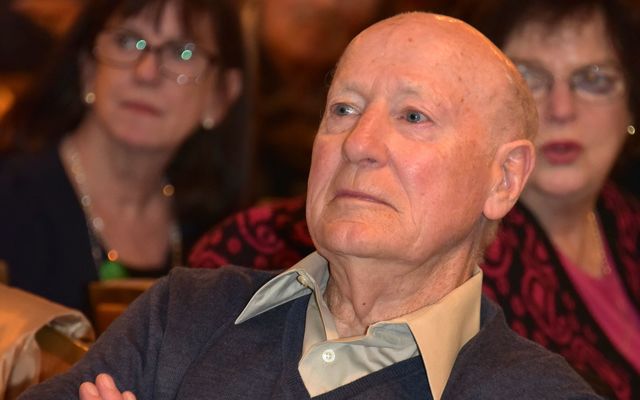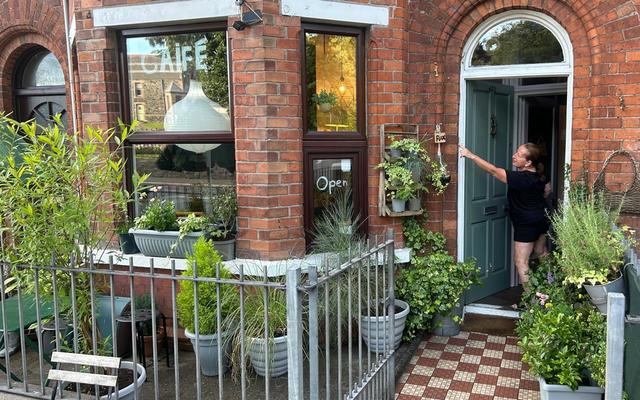Few people in the past century have played such a central role in the revival of the Irish language as Pádraig Ó Snodaigh (89) - but it was his affection for and long links to Belfast that earned him the respect and admiration of this city's Gaeilgeoirí.
In 1979, when he finished his mould-breaking term as President of Conradh na Gaeilge, he persuaded Cumann Chluain Ard lynchpin Albert Fry to throw his hat in the ring to succeed him. The calls to collogue and, hopefully, to conspire would come in late at night on the pay phone in the kitchen of the Hawthorn Street Irish language redoubt as he and Albert tallied votes for the presidency.
In that era, authorities in the South oversaw a regime of suffocating censorship bound to make a North Korean kaiser blush. Sinn Féin was banned from the airwaves and the 'heavy gang' had carte blanche to hammer, literally, dissenting voices. In many ways, under Pádraig's unapologetic leadership, Conradh na Gaeilge was the official opposition in the 26 Counties.
Laoch ar lár
— Aengus O Snodaigh TD (@aosnodaigh) January 2, 2025
Tá m'athair ar slí na fírinne.
I measc uaisle na nGael go raibh sé
Pádraig Ó Snodaigh
1932-2025 pic.twitter.com/W8HQDffTOr
Pádraig believed that a Northern president such as Albert, pretty much regardless of his views on the wider political issues, would not bend the knee to the authorities' pseudo-piety regarding the Irish language - and he was right.
Of course, by this time Pádraig had already ploughed another fertile furrow by publishing a booklet — Hidden Ulster — which paid homage to the radical Presbyterians who had effectively saved the Irish language in the 19th century. As part of his proselytising, Pádraig had visited thoughtful UVF leaders in Long Kesh to stoke their interest in a true Ulster identity. Talk about leadership!
In the eighties, he stood firmly with republican prisoners on hunger strike in the H-Blocks and throughout his life stood shoulder to shoulder with Northern nationalists rebelling against injustice.
With his wife Clíodna Cussen (1932-2022), a distinguished artist and author, he enthusiastically contributed to the first Irish language events in Belfast City Hall in the early nineties - a céilí, shamrock presentation and art exhibition all pierced the Dome.
By this time he had also established his publishing house Coiscéim and given the opportunity to Belfast authors - Eoghan Ó Néill, Deirdre Nic Ghrianna, Anraí Mac an Ultaigh, Pádraig Ó Maolcraoibhe, Jake Mac Siacais among them - to pen their own stories. Without Pádraig, it's doubtful whether this crucial voice would have been heard in the literary world at all.
And when the wheel turned again in the nineties and Conradh na Gaeilge (and the nation) needed another iconoclast as president, he threw his support behind Gearóid Ó Cairealláin's bid to become Uachtarán of Conradh na Gaeilge.
Without his support and loyal network, it's doubtful whether Gearóid would have won the day at the 1995 Ard Fèis (the first time in history that a delegation of voters flew from Belfast to the polling booths via Dublin!).
An Snodach had little interest in respectability or bureaucracy. He never saw a wall of officialdom between himself and his objectives that he wouldn't demolish with much devilment. The spirit of freedom was deep and ingrained in him. Perhaps that is why he was always comfortable in the company of the Belfast Gaeilge battalions.
He and Clíodna were frequent visitors to the Falls Road Cultúrlann to launch works from the Coiscéim imprint. These were often titles selected by Club Leabhar Coiscéim Feirste which brought together over 100 patrons for seasonal selections (still going strong under the tutelage of bookshop An Ceathrú Póilí).
Pádraig was a prolific writer, boasting countless original and translated works. A gem is his translation of a long poem by Giuseppe Conte in honour of Bobby Sands which begins, ‘An cuimhin le héinne Bobby Sands?’ ('Does anyone remember Bobby Sands?')
Pádraig certainly remembered and for that we are most grateful.
He and Clíodhna raised a large brood of talented sons of whom they (and the entire country) were justly proud: Aengus, Rossa, Rónán, Colm, Cormac and Fergus.
The staff and founders of the Belfast Media Group extend their heartfelt condolences to the extended Ó Snodaigh family. Ar dheis láimh Dé go raibh sé.








